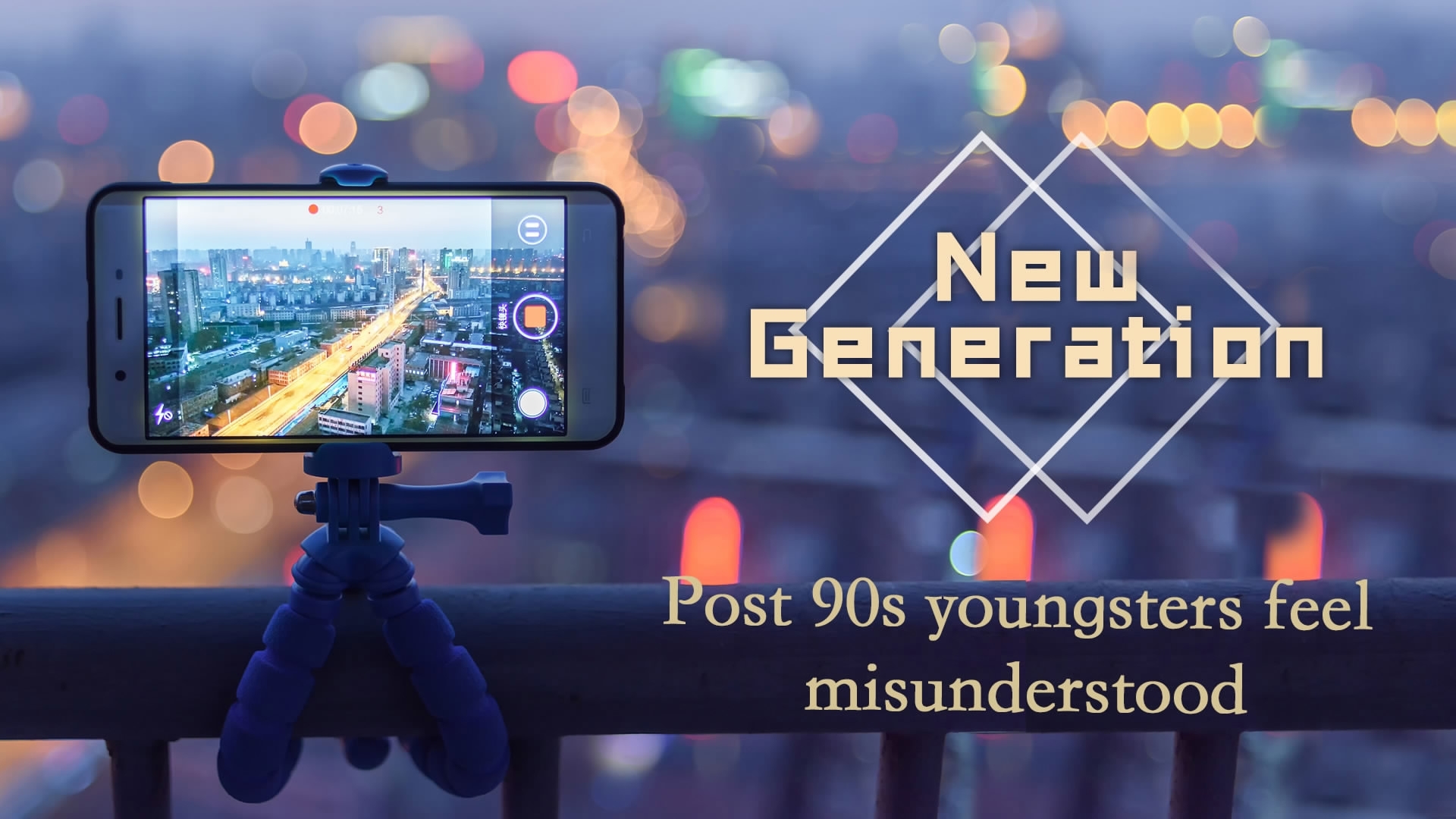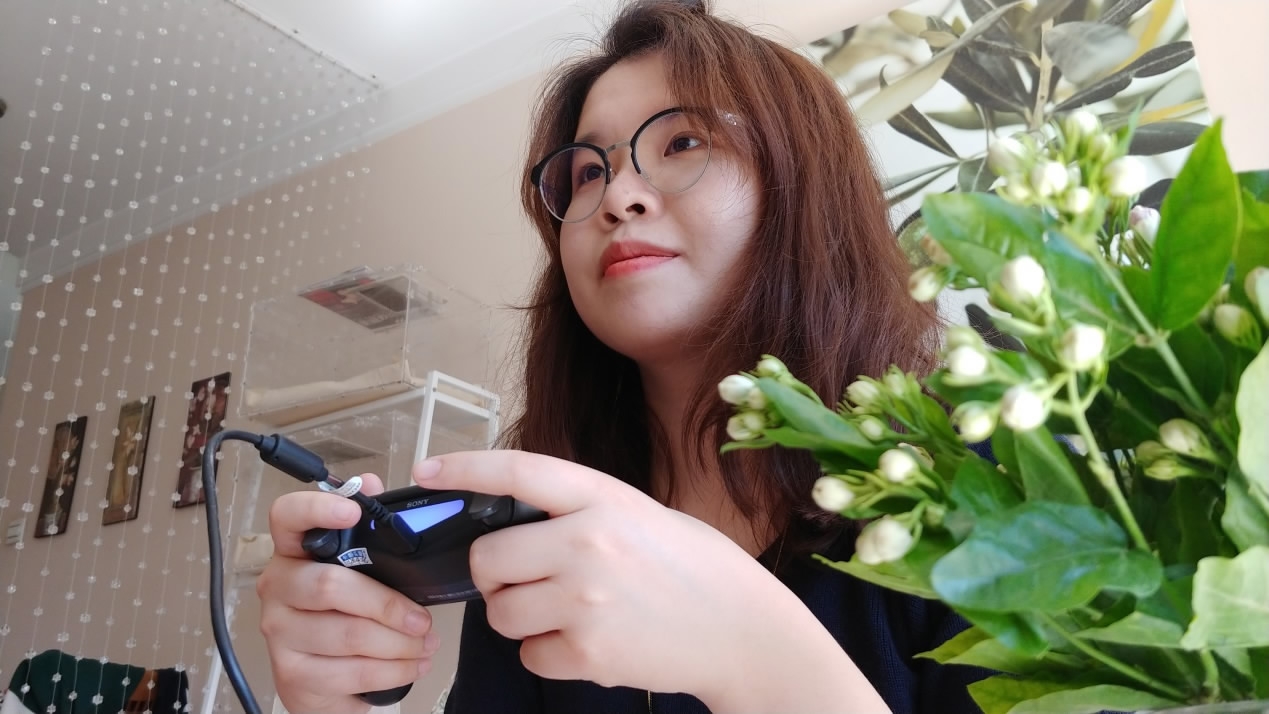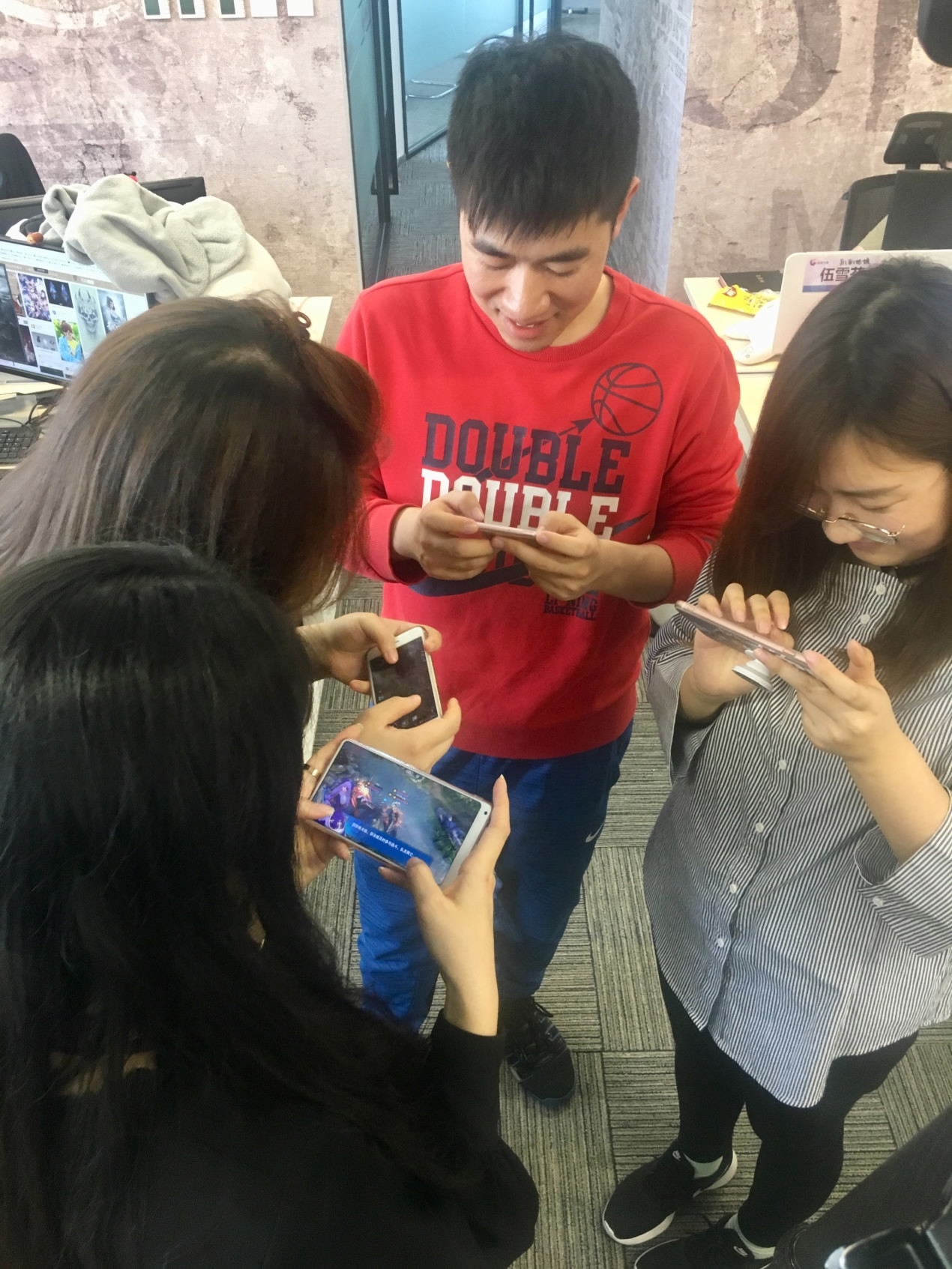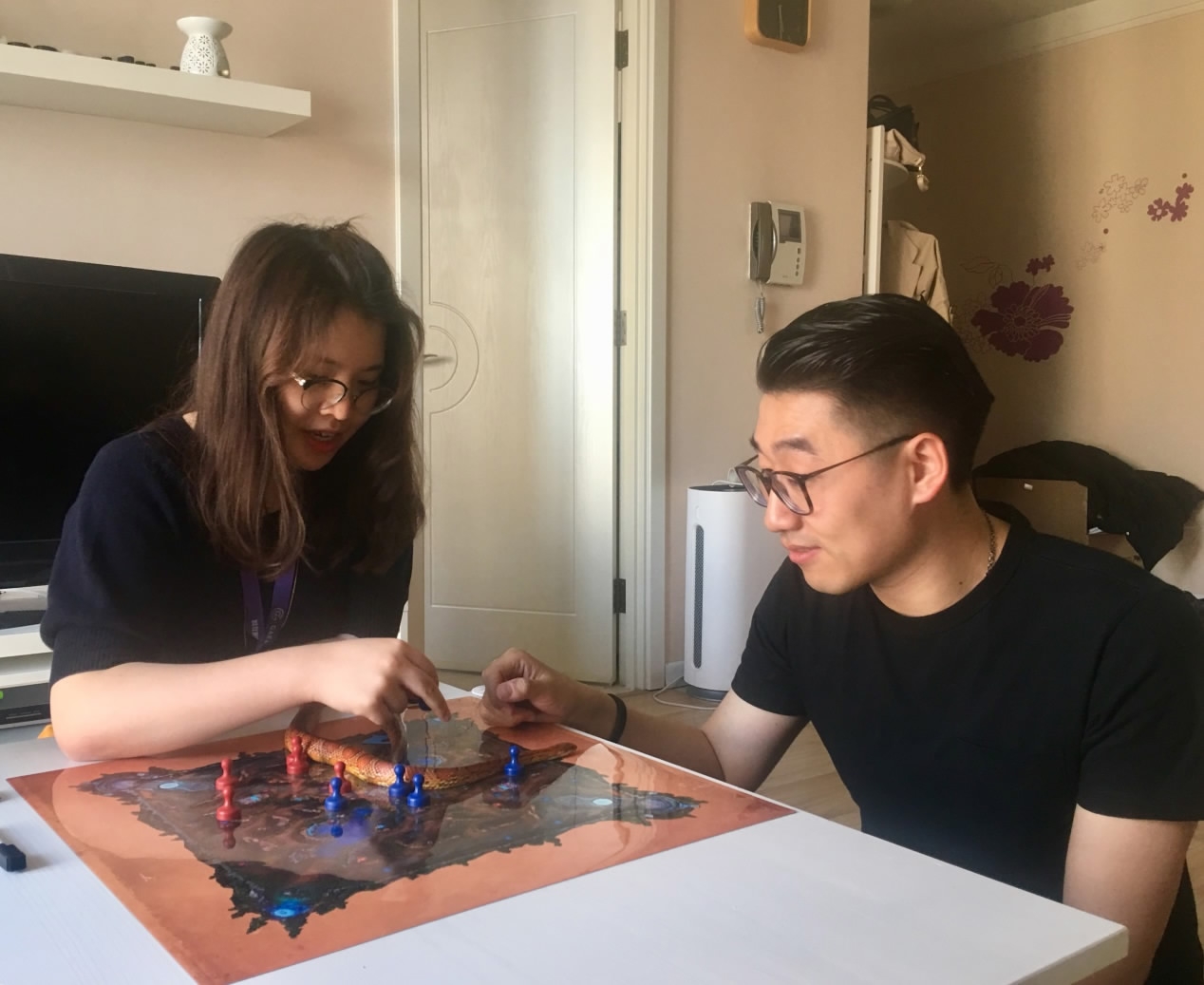
Culture
17:01, 03-May-2018
New Generation: Post-90s youngsters feel misunderstood
By Wang Hui
03:33

The Chinese character "zhai" means home or residence. Now it’s taken on a new meaning – and is being used to describe people, particularly some who were born in the 1990s who spend a lot of time indoors.
Twenty-five-year-old Yang Xin is obsessed with playing video games. She spends most of her spare time at home, focused on bettering her gaming skills.
“I at least spend a couple of hours a day, and a full Saturday or Sunday in(side) playing games.”
Xin is kept company by her pet snake.

Xin playing video game at home. /CGTN Photo
Xin playing video game at home. /CGTN Photo
She considers herself a so-called zhai person. Many Chinese identify this group as homebodies or those who rarely venture outdoors. But Xin disagrees, countering that it's an individual who's single-mindedly focused on an endeavor that happens to be inside.
“Simply being a homebody or just playing games for fun can’t be counted as a zhai behavior. Zhai is a knowledge-based practice. You need to be so obsessed with something that you are willing to devote time and efforts to it and to make better."
To Xin, she doesn't play games just to pass the time, she creates figures and plots for the games. The community also has their own way of socializing and Xin has a group of online friends that she plays with.
Interactions with her friends also take place offline. Xin sometimes even invites them over to talk about strategy. They believe this is a good way to make friends with those who share the same interest.

Xin and her friends playing games online. /CGTN Photo
Xin and her friends playing games online. /CGTN Photo
“Maybe some people think, if you stay zhai, you can’t make friends. I think it’s just a different way of making friends. The traditional way is you meet a person, and if you like them, then you stay connected. For zhai people, they’ve already screened a lot of people and only pick a few. Then they go out,” said Xu Rui, Xin’s friend.
Zhai culture originated in Japan where it referred to a small group of people who immersed themselves in games and anime. The term zhai is now widely used in China, but people have different interpretations of what it means.
“Like a homebody? Like people who don’t like to go out that much, and don’t like to socialize," said Adam Whittaker, a British traveler in China. “Zhai is not good. They close themselves off from the outside world, making themselves susceptible to depression or other mental problems,” said Yu Ting, an insurance company employee. “I wouldn’t allow my grandchildren to be zhai. Young people should go out or travel to broaden their horizon,” said Fan Yinhua.
Though Xin does identify at being a part of the zhai community, she's taken it to find a job at a gaming company. Many of her colleagues are also part of the same community and think that they are often misunderstood.
“Staying at home is not zhai. For example, if you zhai games, you need to have a goal to pursue. For example, I want to play entire games using only one life and have a lot of tips and tricks to share with my friends. And you can zhai about all sorts of fields, not just games, such as animation, the military, and technology,"said Xin.

Xin plays a board game with her friend. /CGTN Photo
Xin plays a board game with her friend. /CGTN Photo
One of Xin’s colleague, Liang Caixin described zhai as "your dedication to certain things. There is no limit on the approaches, no matter if it's online or offline, indoors or outdoors. So even if you go out to meet friends to discuss things in this field, it’s zhai too."
“At least 50 percent of the people born in the 90s are zhai. I think many people think of zhai people in a bad way. But I don’t think they truly understand us. We don’t have mental problems,” said Li Xinning, another one of Xin's colleagues.

SITEMAP
Copyright © 2018 CGTN. Beijing ICP prepared NO.16065310-3
Copyright © 2018 CGTN. Beijing ICP prepared NO.16065310-3